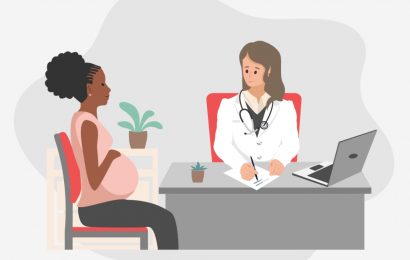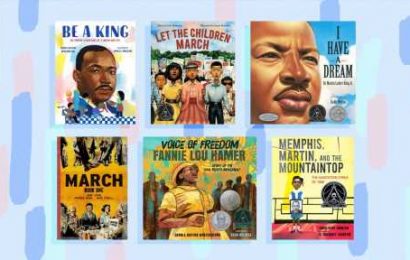In the back of many women’s minds is the constant tick of the biological clock. In private moments at home, in career conversations at work, and in casual encounters at the bar—TICK-TICK-TICK—the clock only gets louder. As innovations in FemTech advance, women (and their partners!) are realizing the power that comes from being free of that pressure and the ripple effects it has on sex, relationships, careers, and beyond. During the Blowing Up the Biological Clock: Sex, Robots, and Reproductive Freedom panel at the Future of Health She Media Co-Lab at SXSW, journalistic icon Katie Couric sat down with award-winning author Liz Plank and Tara Comonte, CEO of TMRW Life Sciences, a fertility technology company that created the world’s first and only FDA-cleared, automated platform for the safe management of frozen eggs and embryos, to explore the limitless possibilities of those unburdened by their fertility journey.
At 35, Plank, who is now 36, began the process of freezing her eggs. It was something she had been thinking about doing for a long time but delayed and procrastinated because, in some ways, it made her feel like a failure that she hadn’t found a partner to share the experience of having children with. “I felt like freezing my eggs meant I had failed, when in reality, it’s having the privilege to get to have kids when I want, with whom I want that’s the biggest win of all,” she says in a blog post. “During a time when many people are determined to tell us what to do with our bodies, it feels good to take the power back.”
Egg freezing is one of the biggest advancements in Assisted Reproductive Technology and has only been deemed non-experimental since 2012. That being said, at some moments, Plank recalled feeling like a “lab rat,” which only highlights why TMRW is so crucial in modernizing the process and bringing new levels of safety and transparency to patients for the first time. However, Plank doesn’t regret the experience whatsoever and Comonte is also no stranger to the process, as her eight-year-old daughter was conceived via IVF.
“I went through multiple cycles of IVF about 9 or 10 years ago and at the time I didn’t tell anyone, which looking back I find really strange because I’m quite an open person,” Comonte says. “Even if it was subconscious, there’s still a stigma. So, in the years since I’ve gone through IVF, this whole topic has become more mainstream. It’s shifting from the idea that women have been made to feel like failures to one where women are beginning to seize the reigns. It completes that circle of reproductive control for a woman around how and when I have my family. It’s one of the biggest things that I think we’ll see in our lifetime to close the gender gap.”
Comonte notes that one in five couples struggle with infertility, making it an issue that more people face than originally thought. “I think that education and awareness will continue to shift,” says Comonte. “This is also not just a women’s problem. Half the time, the man is the one being treated, or the patient in an IVF clinic. So, these last 10 years have been a huge groundswell in terms of moving from the back foot to the front foot for women and for it to become more of a mainstream conversation.”
“We’ve created the world’s first and only automated platform for how frozen specimens are managed in an IVF clinic,” adds Comonte. “That means replacing the decades-old tanks that clinics use to store specimens with sophisticated and safe automated systems.” The company’s technology, which partners with fertility clinics, also helps remove manual steps prone to human error. “TMRW’s automation removes more than 90 percent of the points of potential failure that exist with the outdated manual system many clinics use,” says Comonte.
Plank hopes that sharing her experience will encourage other women to speak up about wanting to freeze their eggs, as it was something she didn’t see discussed a lot of 10 years ago when she wished she had done it. “It’s been really remarkable to see how relatable this is,” Plank says. “But it’s also a challenging experience.”
Despite the challenges, Plank says she got so much out of it. “I got in touch with how amazing the female body is, learned what the body can do, and allows you to care for something other than yourself. It’s extremely educational.”
To see highlights from SXSW, click here.
This article was created by SheKnows for Katie Couric Media.
Source: Read Full Article



